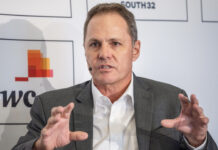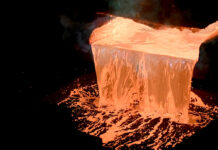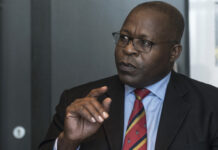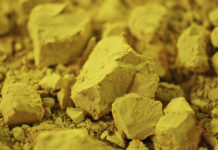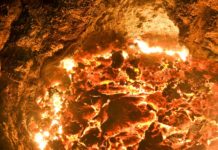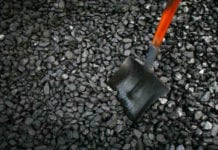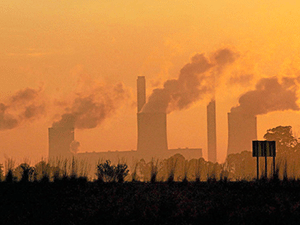
[miningmx.com] – KIBO Mining, a little-known R370m mining and energy development play on the Johannesburg Stock Exchange, is gathering some momentum partly on its positioning in helping Tanzania remedy its chronic power deficit.
In an announcement today, Kibo Mining said it would proceed with a definitive mining feasibility study on its Imweru Gold project sited within the Lake Victoria gold fields.
The project has a modest 550,000 ounce indicated and inferred gold resource, and while the confidence in the resource will be increased and possibly grown in the coming months, it’s Kibo’s Rukwa coal and power initiative in Tanzania that’s worth scrutiny.
According to a report by Hume Capital Investment Research, Tanzania has available capacity of between 700MW to 800MW of which roughly 60% is thought to be reliable power.
Given that power demand is expected to grow to over 2,000MW by 2020 “… the country does not have enough capacity to satisfy its current consumption levels let alone future demand growth,’ Hume Capital analyst Matthew MacDonald said.
It’s for that reason, the Tanzanian government has made Kibo’s Rukwa coal and power station ambitions part of its own infrastructural plans. This will go a long way to removing potential regulatory headwinds regarding inward investment in the country.
Whereas South Africa has only recently begun to acknowledge the feasibility of allowing private capital into the energy sector, Tanzania has long recognised it needs foreign private money if it is to grow its economy.
According to Louis Coetzee, CEO of Kibo, sufficient power generation in Tanzania would take gross domestic product growth to the double-digits, not just the 8% growth it recently recorded.
Secondly, a mine plan for Rukwa has proved up a viable coal mine that can supply its power station of about 300MW for up to 40 years. The reserves can also support a 600MW power station if Kibo elects to go that route.
And if further proof is needed of why it’s imporant to have Tanzanian state support, then look no further than a coal supply agreement and terms for frame of reference in the power plan which took only a week to conclude earlier this month.
Thirdly, Kibo has won the interest of several potential joint venture partners on the power station construction which will be crucial in helping to finance the power station and mine, estimated by Coetzee to cost between $500m and $700m.
It already has a memorandum of understanding with Korea’s East-West Power Company (EWPC) with three or four alternative suitors waiting in the wings. They only came in as soon as EWPC made its presence felt, said Coetzee.
Financing infrastructural projects is risky business which is why state-owned Chinese companies and development banks with a socio-economically informed mandate do most of the funding.
The Development Bank of Southern Africa (DBSA), which has been recently recapitalised by the South African government, set about a new strategic plan the aim of which is to take less equity positions in projects but provide more funding, especially to infrastructure. And not just in southern Africa.
“We are looking at a port project in Tanzania with Tanzanian Ports Authority,’ said Tshokilo ‘TP’ Nchocho, group executive of infrastructure finance for DBSA. “We have worked with World Bank and are in the final stages.
“We are also very tentatively in Kenya in a port project,’ he said, adding that the bank recognised in East Africa the prospect of a transport corridor for general freight in east Africa passing through Ruwanda, Burundi through to the Congo and ending at Dar-Es-Salaam.
Tanzania will soon start construction of a $3bn coal and iron ore mine and a 600MW coal-fired power plant backed by China’s Sichuan Hongda in a deal that was first signed in 2011.
“We expect the project to be completed in 2018/19,’ according to Abel Ngapemba, spokesman for Tanzania’s National Development Corporation in an interview with Reuters.
There’s some recognition for Kibo Mining in the market. Shares in the company are 300% higher on a 12-month basis, and gaining another 11% today on the back of the news about the Imweru Gold project.



